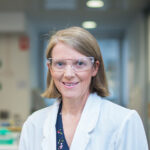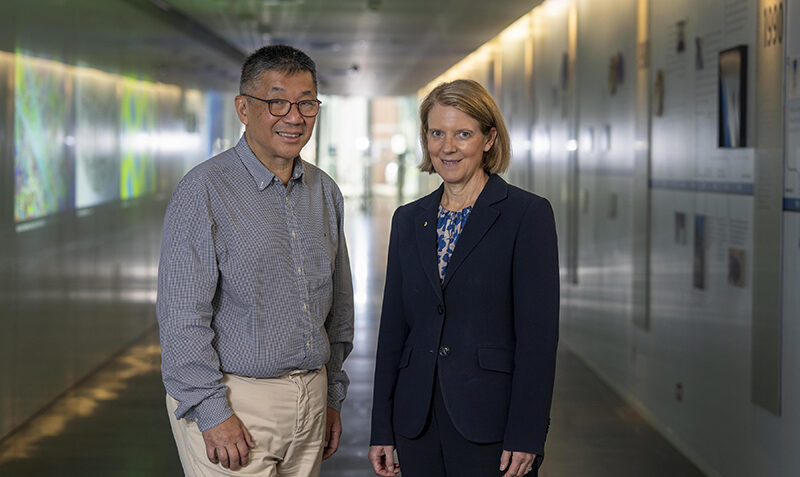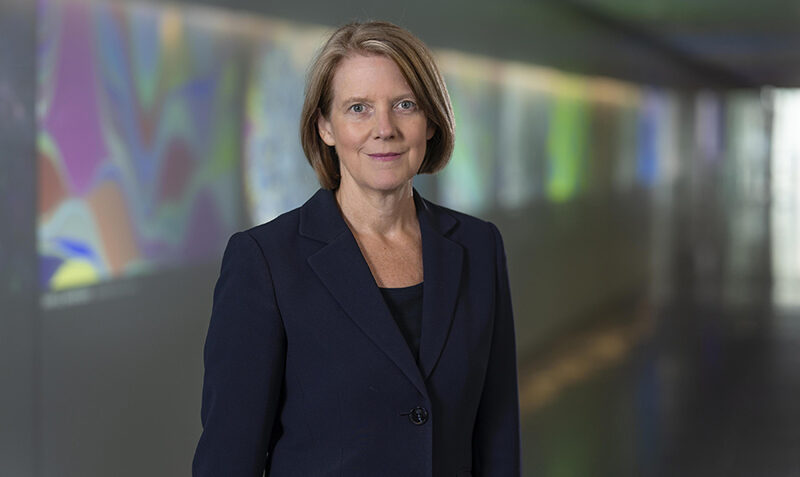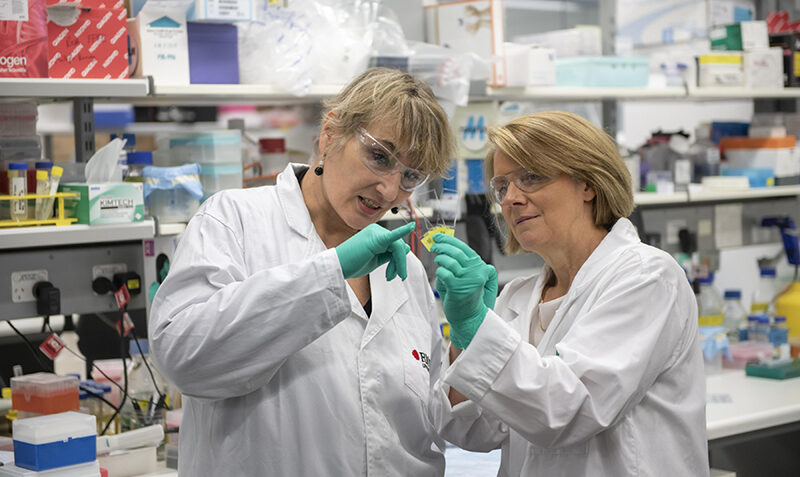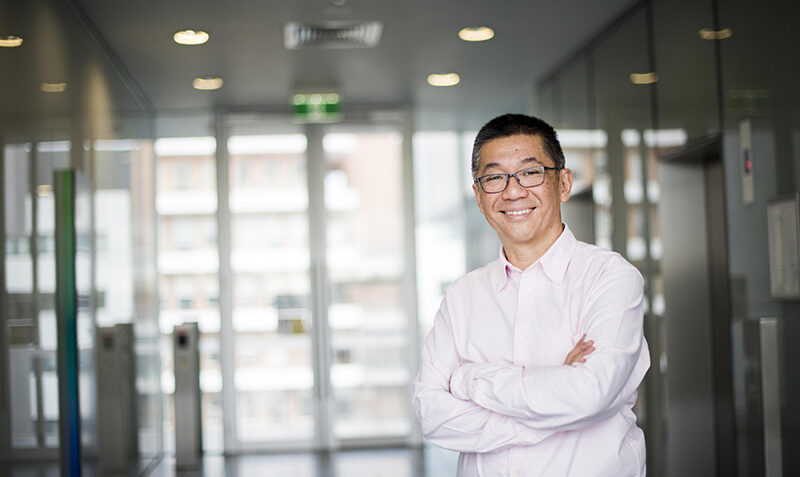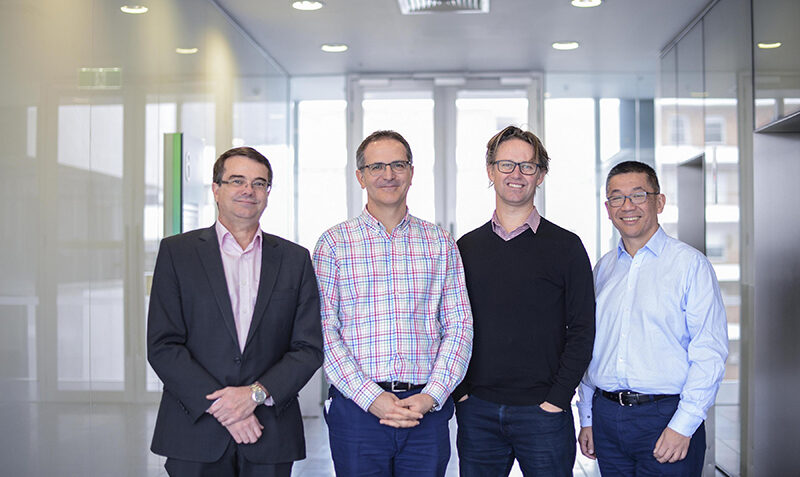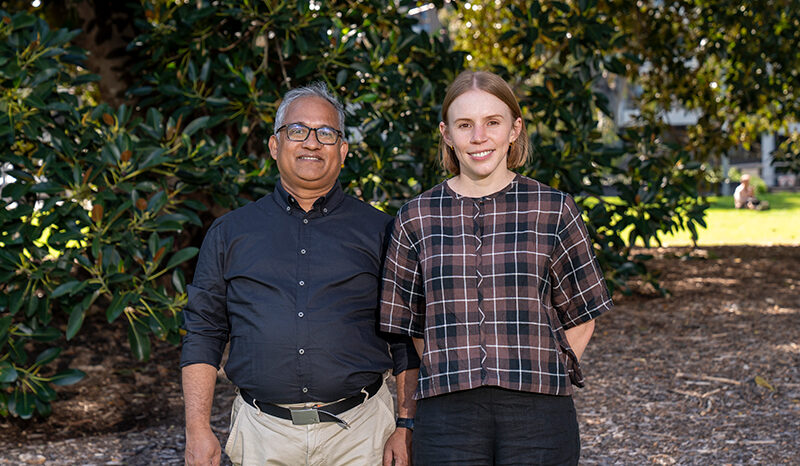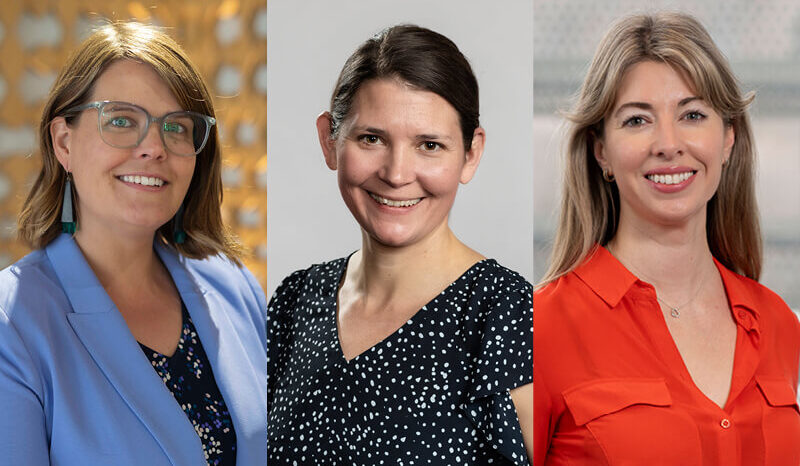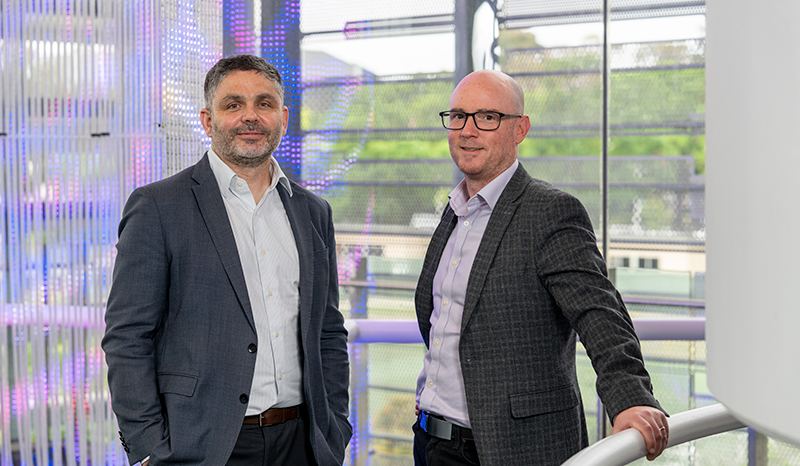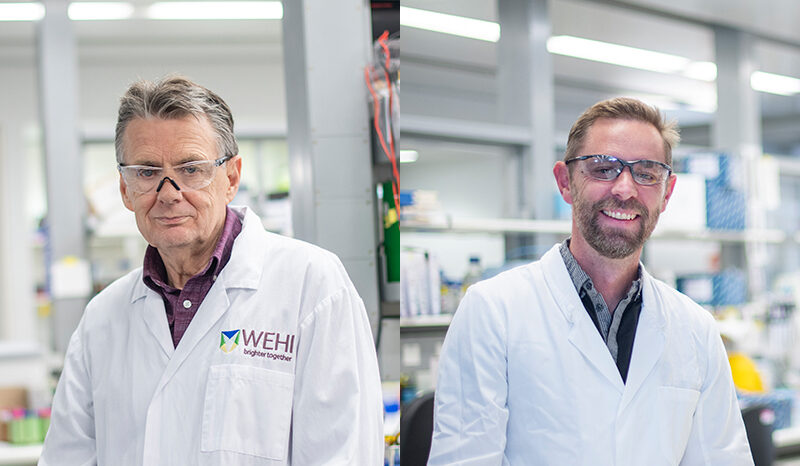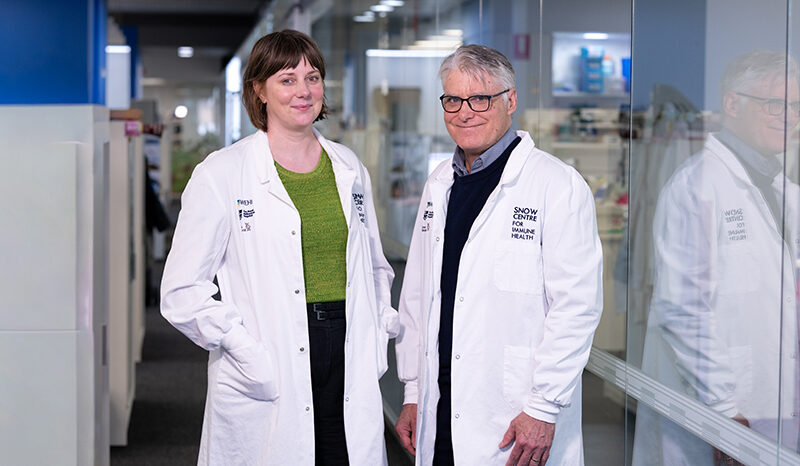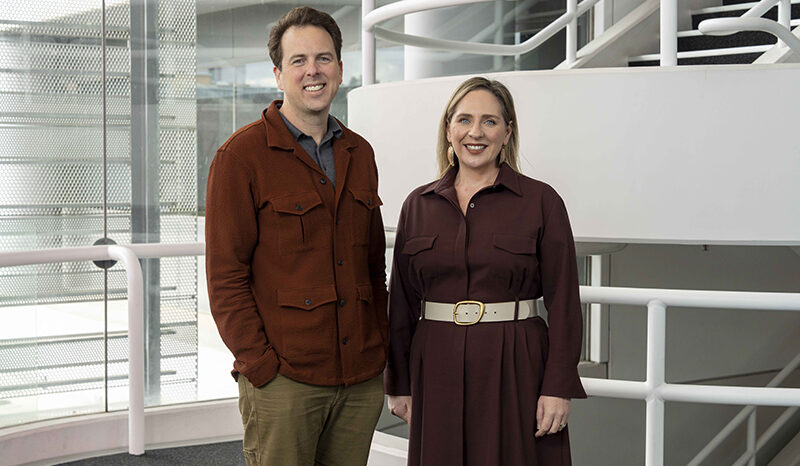What has been your proudest scientific achievement?
I am most proud of my contribution to the development of the PARP inhibitor – a transformative new therapy for ovarian cancer. These inhibitors prevent cancer cells from repairing, allowing them to die and stopping the cancer from re-emerging.
This treatment has had unprecedented success in achieving long-term remission for some women with ovarian cancer, known as ‘super-responders’.
A trial my team is co-leading with RMIT University is hoping to develop a vaccine that can increase the number of super-responder patients.
This research is critical because, despite good responses to initial surgery for ovarian cancer, more than 70% of women will experience recurrence. Most of these women will unfortunately go on to die from their cancer.
Because these cancers are rare, there is often a lack of information about the disease and treatment options, meaning people are being left behind.
About 1.4 million Australians who die from cancer will die of a rare cancer. Treatments for these cancers have not advanced at the same pace as treatments for more common cancers.
So another achievement I’m really proud of is helping to establish the national WEHI Stafford Fox Rare Cancer Program, which is dedicated to facilitating the study of many rare cancer types that are poorly researched.



